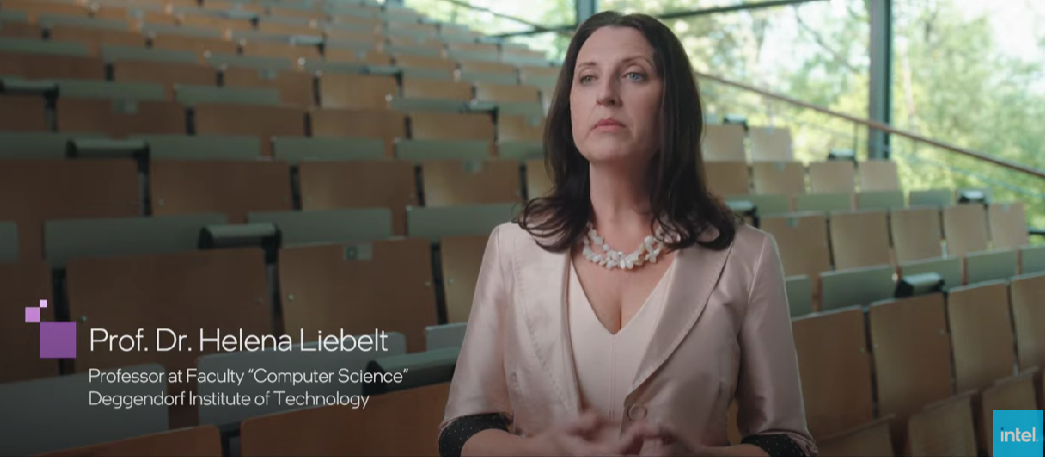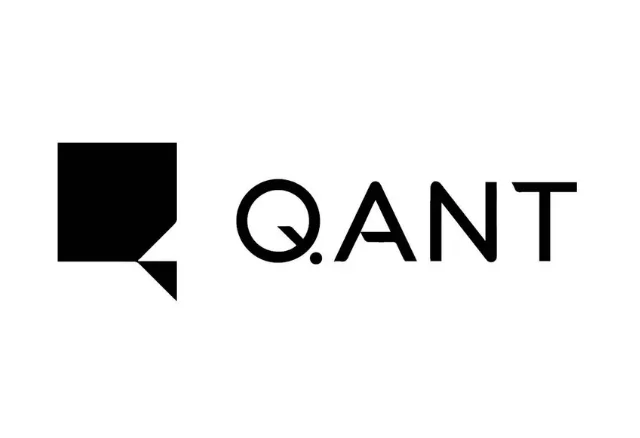Intel has stood as a pivotal trailblazer in silicon transistors for traditional computers for approximately half a century. Presently, it embraces a robust approach to quantum computing.
Collaborating with both corporate and educational institutions, Intel stands out as a firm that is achieving noteworthy advancements in surmounting these hindrances. Given its half-century commitment to developing silicon transistors, we can assert that Intel possesses a distinct advantage over most competitors in the quantum computing race, leveraging its high-performance capabilities to their fullest potential.
Leveraging its proficiency in mass transistor production, Intel is harnessing its expertise to craft silicon spin qubits, diminutive computing devices capable of operating at elevated temperatures. Furthermore, the Horse Ridge II cryogenic quantum control chip facilitates superior integration, while the cryoprobers enable extensive testing, both of which contribute significantly to the path of commercialization.
The original Horse Ridge controller chip, originating in 2019, has been enhanced in its Mark II iteration, allowing manipulation and readout of qubit states, thereby empowering control over multiple gates when multiple qubits are engaged in computations.

As part of its unwavering commitment to advancing quantum computing, Intel is fostering a developer community. Through grants extended to esteemed institutions like the University of Pennsylvania, Keio University, Ohio State University, and Pennsylvania State University, Intel is supporting the development of quantum course curricula, which will be widely shared across academia, serving as a foundational point for this collective endeavor.
Another institute of higher learning that Intel collaborates with is the Deggendorf Institute of Technology (Technische Hochschule Deggendorf). In the city of Munich, Germany, the Deggendorf Institute of Technology utilizes Intel’s Software Development Kit (SDK) to investigate challenges in aerodynamics and hydrodynamics. Earlier this year, the institute hosted Intel’s Quantum Computing Challenge, wherein numerous submissions explored quantum applications through the employment of Intel’s Quantum SDK. These use cases involved tasks like image denoising, realistic image generation, and unstructured search.
To highlight this, in June Intel released a video on Youtube that presented how Intel’s Quantum SDK through the Intel DevCloud is simulating the quantum world to prepare the next generation of experts.
Unleashing Quantum Computing’s Potential
Professor Dr. Helena Liebelt, a distinguished professor at the Deggendorf Institute of Technology, stressed the importance of quantum computing in tackling global challenges. Quantum computers, unlike classical computers, have the unique ability to harness the power of superposition. Liebelt used a simple analogy of a spinning coin to explain the concept. While traditional computing can represent information as either a 0 or a 1, quantum computing’s superposition allows information to exist in multiple states simultaneously. This property is analogous to a coin spinning and forming a sphere, with every point on its surface representing a possible state of the quantum system.
“When technology becomes available, you need people to be able to use it. The Intel Quantum Software Development Kit allows you to simulate the quantum applications for future usage on the quantum systems using conventional available hardware today,” said Liebelt.
On the Road to Real-World Applications
Yaknan Gambo, an alumnus of the Deggendorf Institute of Technology and the Leibniz Supercomputing Centre, recognizes the importance of quantum simulators in understanding the boundaries and capabilities of quantum computing.
“People are really trying to understand the boundaries of quantum computing and its capabilities so most of what exists now are concepts,” said Gambo, before adding that quantum computing is important for fluid dynamics, a discipline that stretches back to the 18th century and even beyond. “It’s really very computationally intensive finding solutions to these problems. And that’s where quantum computing comes in.”
However, Gambo said that finding solutions to these complex problems requires immense computational power, offering the potential to revolutionize fluid dynamics simulations and accelerate progress in numerous industries, from automotive engineering to pharmaceutical development.
At the heart of preparing the next generation of quantum experts lies Intel’s Quantum SDK, which is bridging the gap between the present and the future of quantum computing. Liebelt highlighted that the SDK allows students and researchers to simulate quantum applications using conventional hardware currently available. By providing a user-friendly and accessible platform, Intel’s Quantum SDK enables aspiring quantum experts to gain valuable insights into quantum principles and develop quantum-ready applications, ultimately preparing them to make transformative contributions once quantum computers become a reality.
The Impact of Quantum Technology on the World
Professor Rui Li, a respected faculty member in the Computer Science department at the Deggendorf Institute of Technology, emphasized the importance of Intel’s Quantum SDK.
“Intel SDK is a great tool to push the technology or to push the knowledge forward. We can make our world, or our technology or our future, a better place,” said Rui Li.
While Gambo added: “Intel quantum SDK provides us with the tools we need to better understand quantum computing and prove concepts so that we can be ready when eventually quantum computers come to reality. We’re better prepared now.”
The collaboration between the Deggendorf Institute of Technology and Intel is a testament to the commitment of academia and industry to create a brighter and more sustainable future through quantum computing. By harnessing the unique capabilities of quantum computers and leveraging the power of quantum simulation through Intel’s Quantum SDK, students and researchers are equipped to make exciting breakthroughs in addressing pressing global issues. As the quantum computing field progresses, it is evident that the next generation of quantum experts will play a pivotal role in driving innovation and shaping a better world for generations to come.
Featured image: Intel
For more market insights, check out our latest quantum computing news here.















